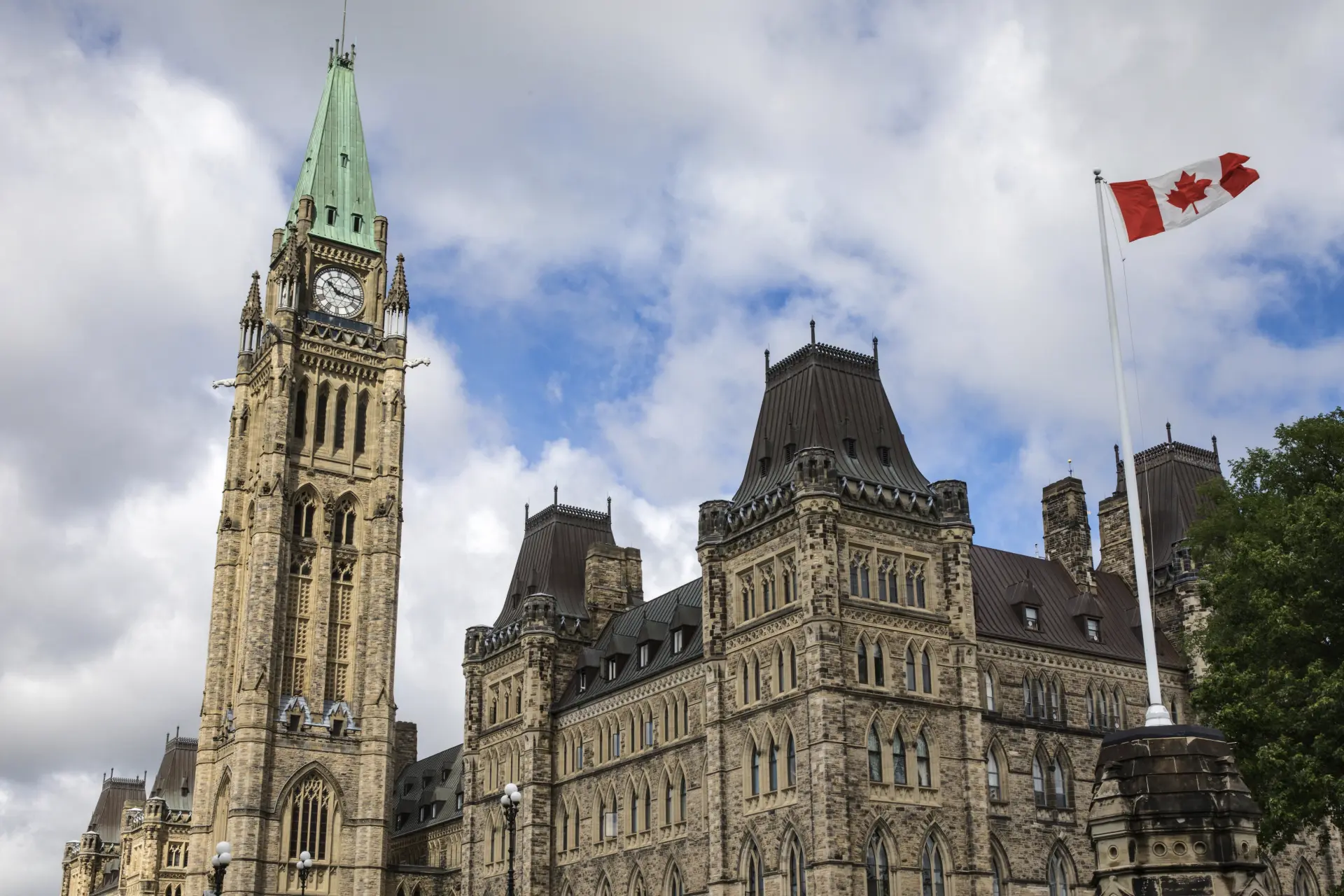New Federal Climate Plan Unveiled

Today, Prime Minister Justin Trudeau, alongside Minister of Environment Jonathan Wilkinson, Minister of Infrastructure and Communities Catharine McKenna and long-time environmental advocate Minister of Canadian Heritage Steven Guilbeault, announced Canada’s new climate plan which features a suite of measures aimed at achieving Canada’s 2030 emissions targets and achieving net-zero greenhouse gas emissions by 2050.
The plan, entitled A Healthy Environment and a Healthy Economy, aims to create 2 million green jobs and commits $15.2 billion on top of the $60 billion previously allocated to implement the Pan-Canadian Framework on Clean Growth and Climate Change. While a portion of the $15.2 billion was announced in the Fall Economic Statement on November 30th, today's climate plan also commits significant new dollars.
Overall, the plan contains 64 updated and new policies, programs and spending measures to meet greenhouse gas reduction targets. The detailed plan can be view here.
Highlights of the new proposed plan include:
Carbon Pricing
- Starting in 2023, the government plans to increase the price on carbon by $15 per tonne, per year, to a total of $170 per tonne by 2030.
- All fuel charge proceeds will continue to be returned to Canadians but will shift from annual to quarterly rebate payments starting in 2022.
Clean Power
- The government will invest an additional $964 million over four years to advance smart renewable energy and grid modernization projects to enable the clean grid of the future. This includes support to increase renewable power generation capacity such as wind and solar, and the deployment of grid modernization technologies such as power storage.
- The plan also commits to invest an additional $300 million over five years to advance the government’s commitment to ensure that rural, remote and Indigenous communities that currently rely on diesel have the opportunity to be powered by clean, reliable energy by 2030.
- The government commits to working with provinces, utilities and other partners to ensure that Canada’s electricity generation achieves net-zero emissions before 2050.
Clean Fuels
- The government will invest $1.5 billion in a low-carbon and zero-emissions Fuels Fund to increase the production and use of low-carbon fuels (e.g., hydrogen, biocrude, renewable natural gas and diesel, cellulosic ethanol) in a manner that complements federal carbon pollution pricing and regulatory efforts like the Clean Fuel Standard.
- Canada’s Hydrogen Strategy, which sets out a path for integrating low emitting hydrogen across the Canadian economy, will be launched before the end of the year.
Clean Fuel Standard
- In perhaps the most notable departure from existing policy development plans, the government has narrowed the scope of the Clean Fuel Standard to target only liquid fuels. This is a departure from the design of the CFS proposed in 2016, which included liquid, gaseous and solid fuels.
Clean Tech
- The government will continue to support Sustainable Development Technology Canada with an additional $750 million over five years. This would support startups and scale-up companies to enable pre-commercial clean technologies to successfully demonstrate feasibility as well as support early commercialization efforts.
Clean Industry
- $3 billion over five years will be invested in the Strategic Innovation Fund’s new Net-Zero Accelerator Fund.
- The government will launch a Net-Zero Challenge for large emitters to support Canadian industries in developing and implementing plans to transition their facilities to net-zero emissions by 2050.
Home/Building Retrofits
- As announced in the Fall Economic Statement, the government will invest $2.6 billion over seven years, starting in 2020-21, to provide up to 700,000 grants of up to $5,000 each to help homeowners make energy-efficient home improvements.
- The government will invest $1.5 billion over three years for green and inclusive community buildings and require that at least 10 percent of this funding be allocated to projects serving First Nations, Inuit and Métis communities.
- $2 billion will be invested in financing commercial and large-scale building retrofits, which will be repaid by energy savings costs.
Electric Vehicles
- The government will invest an additional $287 million over two years, starting in 2020-21, to continue the Incentives for Zero-Emission Vehicles (iZEV) program until March 2022. The program provides a rebate of up to $5,000 on a light-duty zero-emission vehicles.
- An additional $150 million over three years will be invested in charging and refueling stations across Canada, as announced in the 2020 Fall Economic Statement. The goal is to ensure every Canadian – urban and rural – can easily charge their zero-emission vehicle.
Long Term Planning
- The plan commits the government to conducting Canada’s first-ever national infrastructure assessment, starting in 2021, to help identify needs and priorities in the built environment, and undertake long-term planning toward a net-zero emissions future.
- The plan also commits to developing Canada’s first-ever national adaptation strategy.
- The government will develop a national active transportation strategy, and explore ways to deliver more active transportation options, such as walking trails, cycling paths and other forms of active mobility, which are a complementary tool that can reduce reliance on cars and provide healthy transportation alternatives.
Throughout the plan, the government notes that it will consult with key stakeholders, including businesses, as the objectives of the plan are designed and implemented. As this consultation moves forward, and as the details of the programs announced today become available, let Sussex help connect you with the right people in government to help your organization get through these extraordinary times.
Please reach out to your Sussex representative directly or to a member of the Federal or E&E Government Relations Teams.


